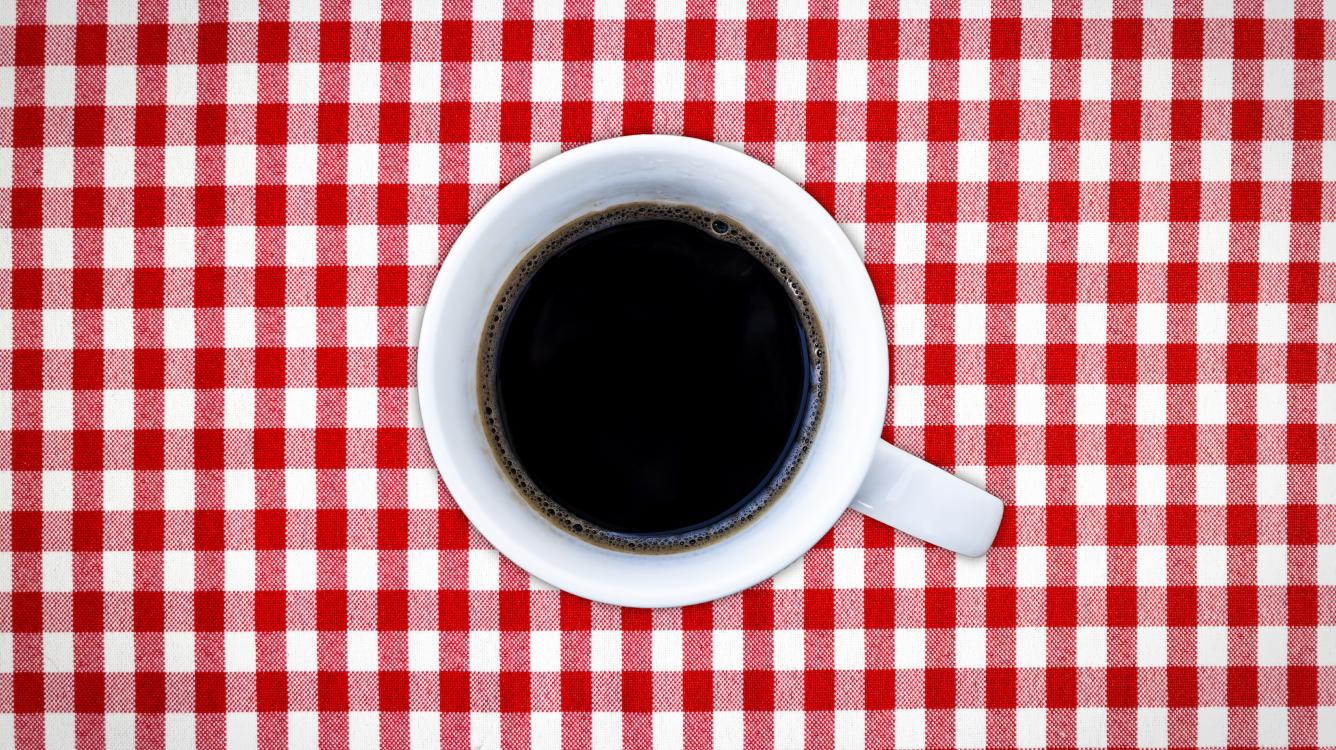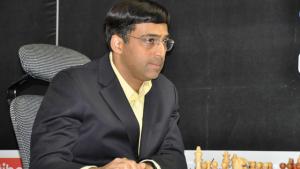
Chess At Baba Olga's Cafe
How is chess meant to be played? If you are a serious tournament player -- especially in the U.S.-- when you think of a tournament you might picture sterile, brightly lit ballrooms in hotels.
You might picture cramped spaces and crowding. Is this how our royal game should be experienced?
Recently, I took part in a blitz tournament at a cafe in Philadelphia called Baba Olga's Cafe. This restaurant, located in the East Falls section of the city, is connected to a gigantic store of rare art from around the world called Material Culture.
The tournament doubled as a birthday party for one of the employees of the cafe, a chess player named Saša Jovanović, who was the organizer of the tournament. Saša wanted to see chess played in a nice environment, and I think you will agree that the cafe where the tournament took place is a far more stimulating and dignified environment than is typical!

A view of the room.

Some hors d'oeuvres.

The first- and second-place finishers.

Not everyone was playing chess.

It wouldn't be complete without the chess paintings of Jovan Prokopljević.
Naturally, food and drinks were provided. The delicious food was prepared according to Baba Olga's famous chef, Aliza Green. Wine and beer flowed freely.
The tournament was largely by invitation and included one grandmaster (myself), one international master (Tom Bartell), a FIDE master (Rodion Rubenchik), and national masters Peter Minear and Angel Camen-Hernandez.
The tournament was won by Rubenchik, with Bartell in second. I could only mange third place. Here is a little example of the very disappointing kind of mental fogginess I have experienced in recent months:
From a more positive result, against one of the lower-rated players, try to find the most decisive continuation for White in the following position:
RELATED STUDY MATERIAL
- Read GM Smith's last article: Playing Against The Najdorf: The Adams Attack.
- Watch FM Mike Klein's video: 12 Nakamura Wins In 20 Minutes.
- Solve some puzzles in the Tactics Trainer.
- Looking for articles with deeper analysis? Try our magazine: The Master's Bulletin.



